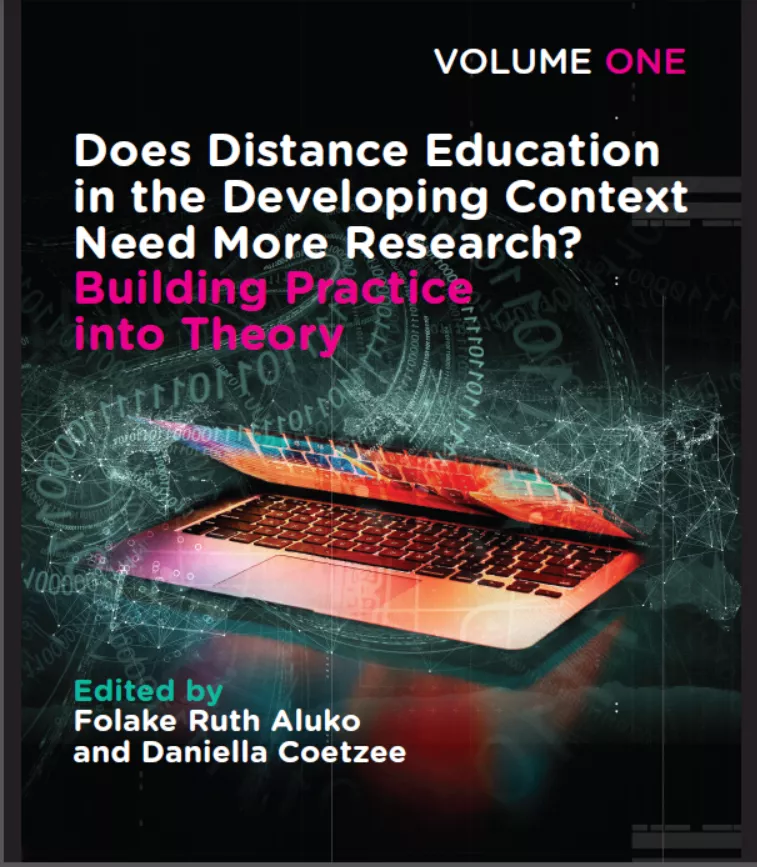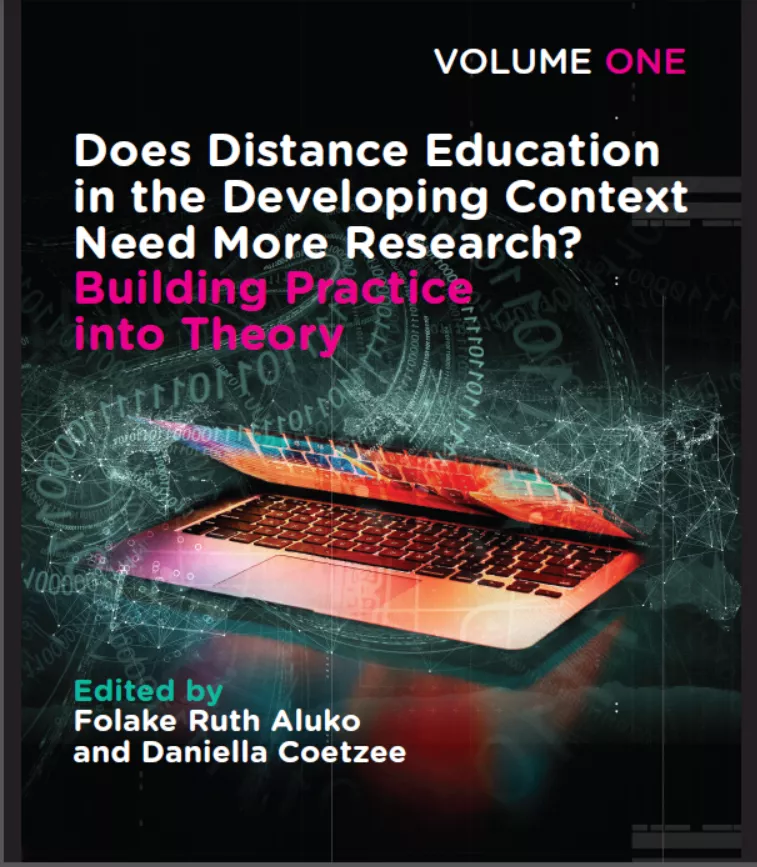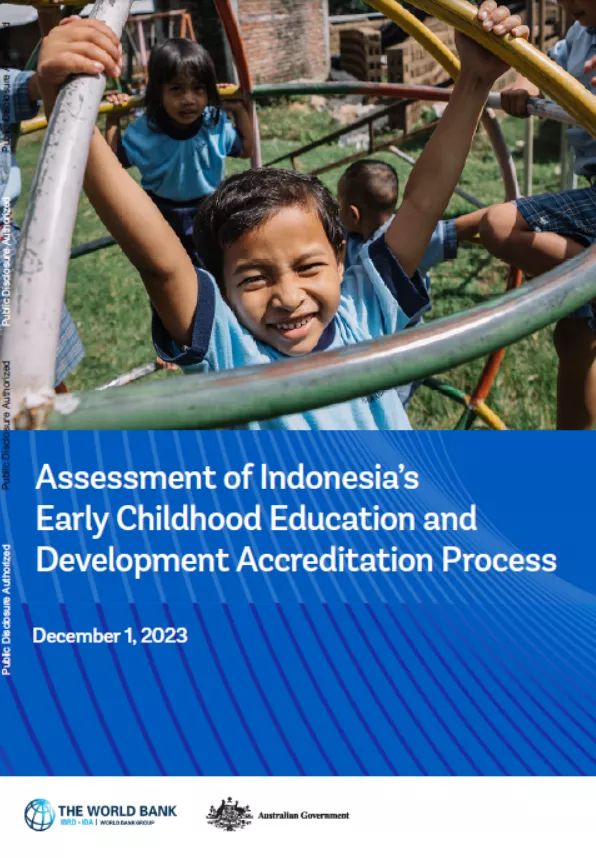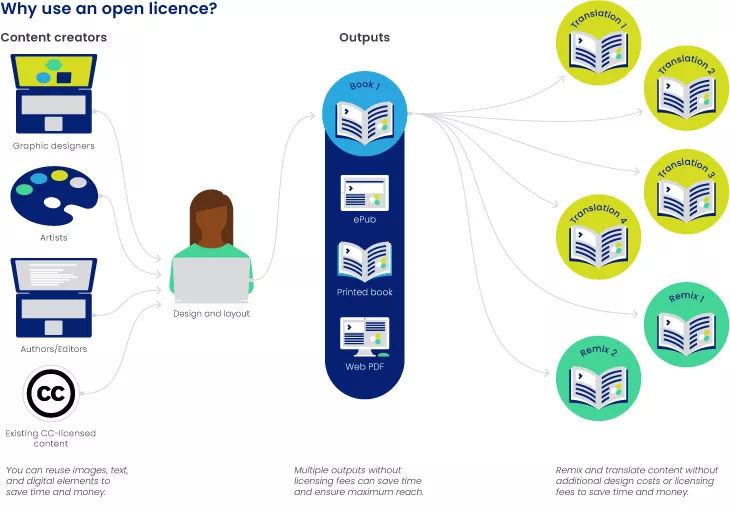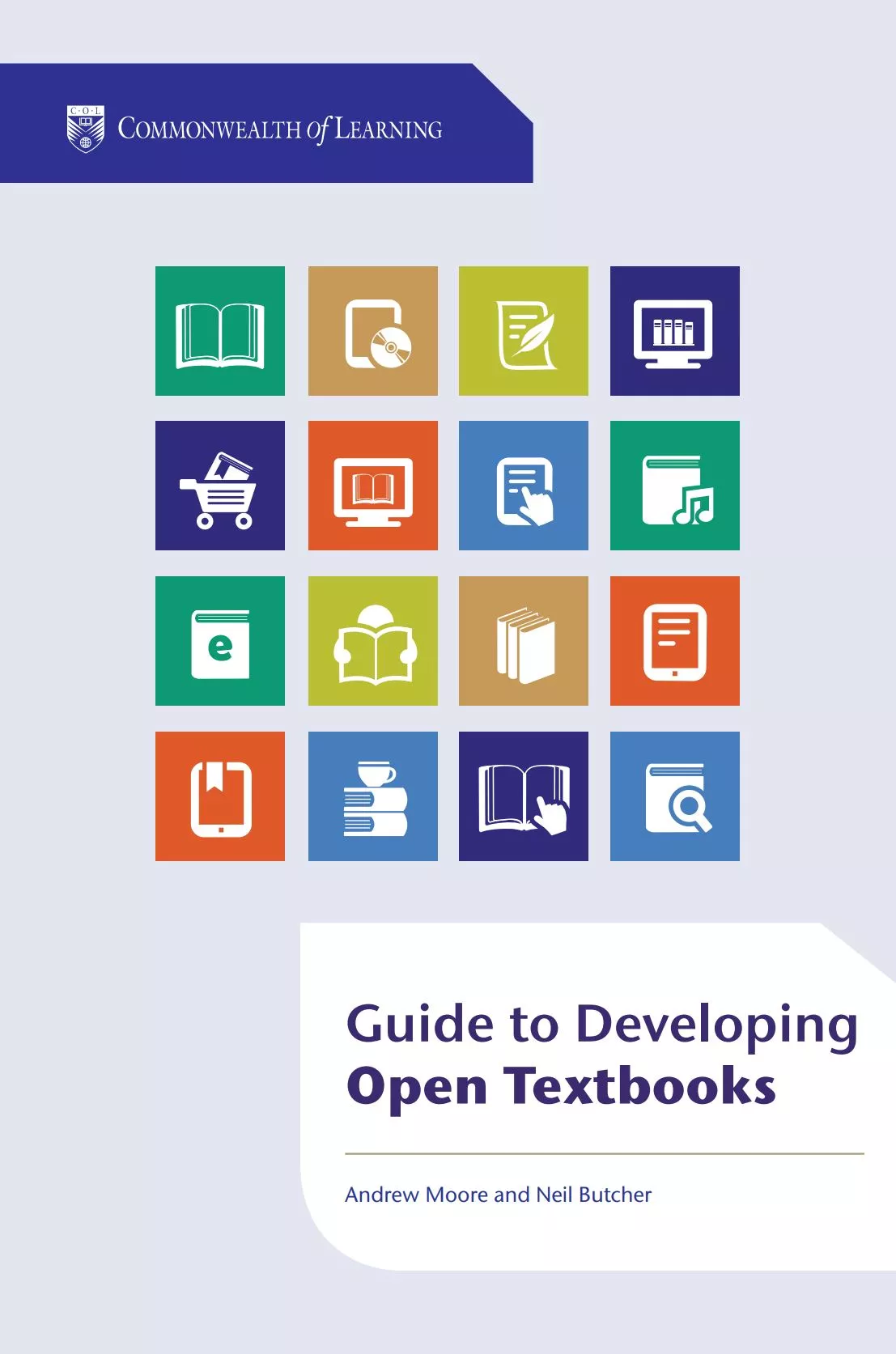Resources
Featured resources
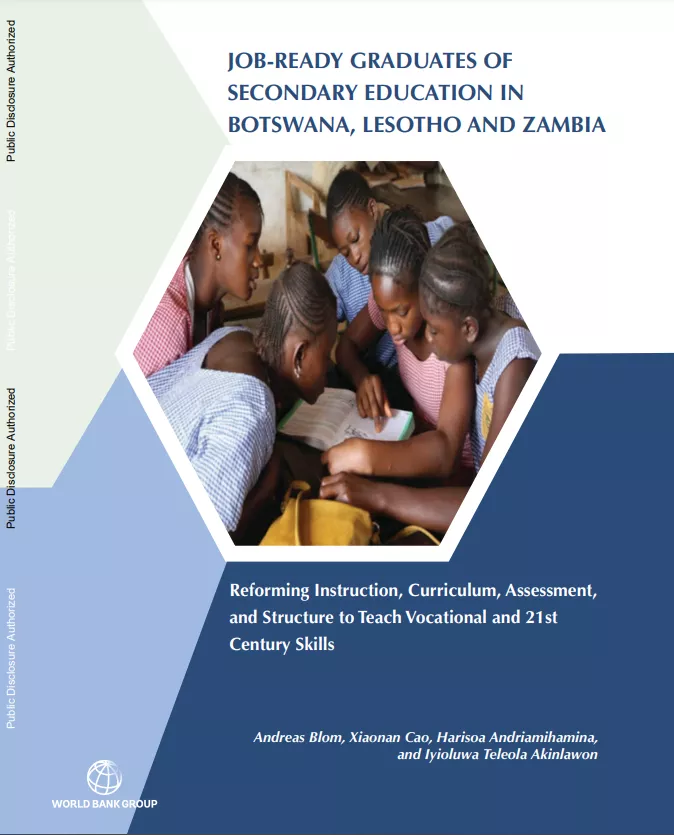
Job-Ready Graduates of Secondary Education in Botswana, Lesotho and Zambia - Reforming Instruction, Curriculum, Assessment, and Structure to Teach Vocational and 21st Century Skills. World Bank
This report seeks to assist the Governments of Botswana, Lesotho, and Zambia to more effectively develop job ready secondary education graduates, who are better placed to increase their earnings and stay out of poverty. The report provides specific and practical suggestions for teachers, schools, and ministries to improve the job-readiness of secondary education graduates, and, in turn, is intended to facilitate a sharing of national and international experiences in the three participating countries.
Assessment of Knowledge Society Development in Botswana
The Global E-Schools and Communities Initiative (Gesci), in collaboration with the African Union Commission (AUC) and other partners, developed an African Leaders in ICT (ALICT) capacity-building programme. The first phase of the programme ran from 2012-2013, focusing on leadership capacitybuilding in twelve countries (Botswana, Ethiopia, Kenya, Malawi, Mauritius, Mozambique, Namibia, Rwanda, South Africa, Tanzania, Uganda, and Zambia).
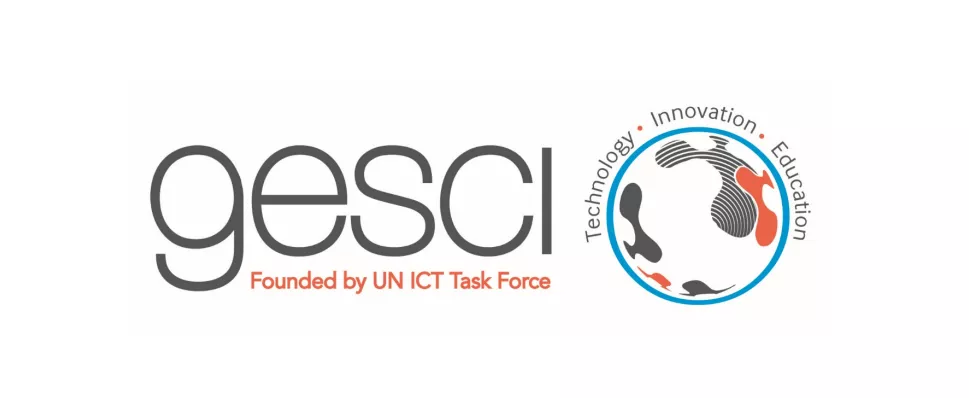
Assessment of Knowledge Society Development in 16 African countries
The Global E-Schools and Communities Initiative (Gesci), in collaboration with the African Union Commission (AUC) and other partners, developed an African Leaders in ICT (ALICT) capacity-building programme. The first phase of the programme ran from 2012-2013, focusing on leadership capacitybuilding in twelve countries (Botswana, Ethiopia, Kenya, Malawi, Mauritius, Mozambique, Namibia, Rwanda, South Africa, Tanzania, Uganda, and Zambia).
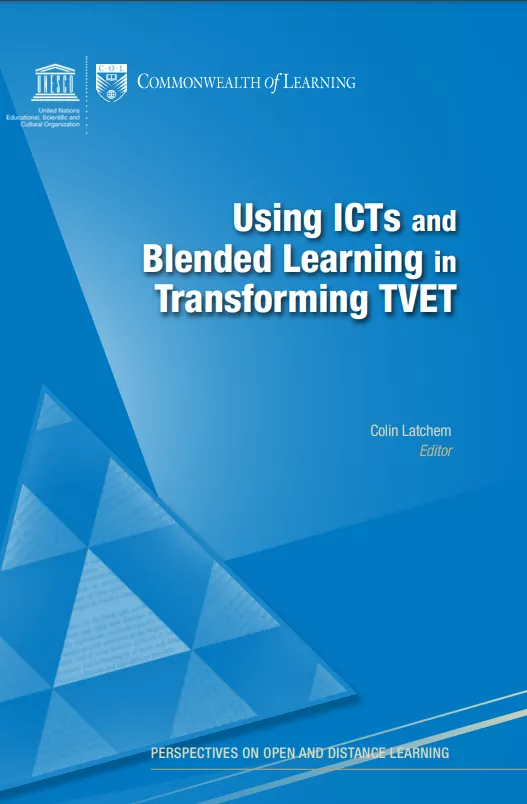
Chapter 12 - Considerations in Costing ODL and ICTs in TVET
With many TVET systems in the developing world now considering the adoption of ODL and ICTs because of the promised cost efficiencies, it is important to examine the costing of these new educational and training practices. Given the dearth of resources focusing specifically on costing ODL in TVET, this chapter focuses more generally on costs in the use of ODL and ICTs and extrapolates these findings to the TVET context. This chapter explores the costs of ODL and how to avoid the ramifications of weak financial planning.

Using ICTs and Blended Learning in Transforming TVET
With many TVET systems in the developing world now considering the adoption of ODL and ICTs because of the promised cost efficiencies, it is important to examine the costing of these new educational and training practices. Given the dearth of resources focusing specifically on costing ODL in TVET, this chapter focuses more generally on costs in the use of ODL and ICTs and extrapolates these findings to the TVET context. This chapter explores the costs of ODL and how to avoid the ramifications of weak financial planning.

Open Educational Resources: Global Report 2017
In 2012, the World OER Congress was held in Paris, featuring presentations from key supporters of OER worldwide. The congress, which attracted over 400 participants (governments and educational and OER experts) from 70 countries, emphasised using OER as a means of providing equal access to knowledge. It showcased innovative policies and initiatives that demonstrate the potential of OER to improve communities. The congress also featured various ways in which OER serve as tools for collaboration and the creation of learning resources.
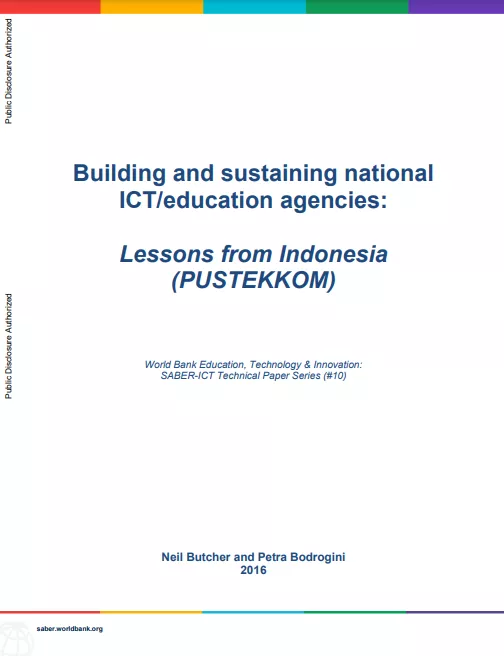
Building and sustaining national ICT and education agencies : lessons from Indonesia (PUSTEKKOM)
This case study explores the establishment and changing role of Pustekkom, the Centre for Information and Communication Technology (ICT) for Education, which is part of the Ministry of Education and Culture in Indonesia. Originally established a content development house, with a focus on audio and radio and video or film or television content, Pustekkom is currently grappling with a requirement to change its role, given a new mandate that it has been given to plan and provide ICT infrastructure, services, professional development, and resources to schools.
Guide to Developing Open Textbooks
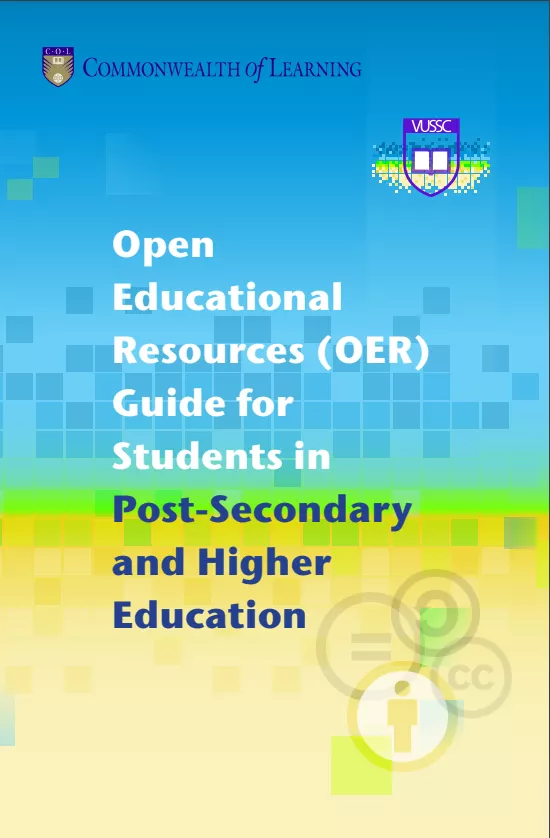
Open Educational Resources (OER) Guide for Students in Post-Secondary and Higher Education
This guide provides an introduction to Open Educational Resources (OER) for students in post-secondary and higher education. It is aimed at helping you, as students, to explore the value of good quality OER, and provides an introduction on how to find and use OER. It intends to serve primarily as a source of reference for students in the Small States of the Commonwealth, but we hope it will be useful to students from any country.
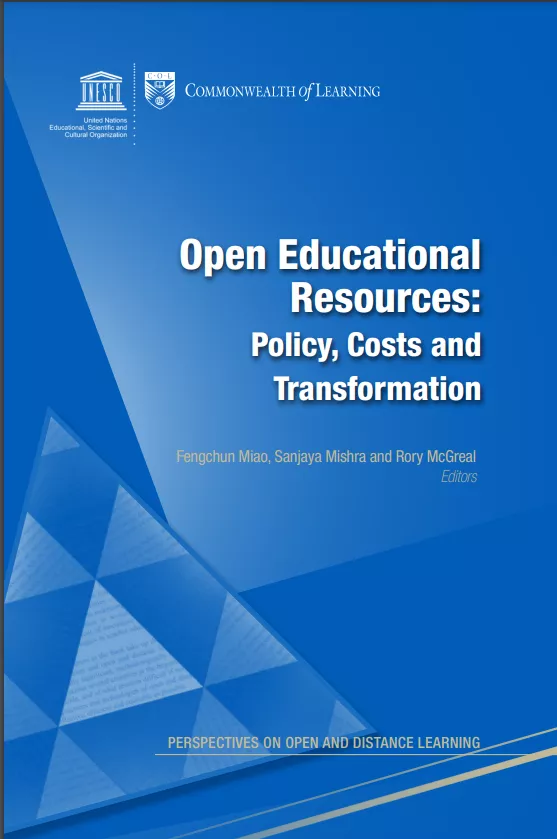
Chapter 5 - Caribbean Open Textbooks Initiative
This chapter considers both the role that Open Educational Resources (OER) can play in supporting school-level pedagogical transformation, and the policy approaches to initiate transformation in public school systems. Focusing on the context of Antigua & Barbuda, the chapter recognises that, for change to be effective, it needs to be driven at the systemic level, as this ultimately directs most public school systems’ operations.
Browse resources
Search resources

Job-Ready Graduates of Secondary Education in Botswana, Lesotho and Zambia - Reforming Instruction, Curriculum, Assessment, and Structure to Teach Vocational and 21st Century Skills. World Bank
This report seeks to assist the Governments of Botswana, Lesotho, and Zambia to more effectively develop job ready secondary education graduates, who are better placed to increase their earnings and stay out of poverty. The report provides specific and practical suggestions for teachers, schools, and ministries to improve the job-readiness of secondary education graduates, and, in turn, is intended to facilitate a sharing of national and international experiences in the three participating countries.
Assessment of Knowledge Society Development in Botswana
The Global E-Schools and Communities Initiative (Gesci), in collaboration with the African Union Commission (AUC) and other partners, developed an African Leaders in ICT (ALICT) capacity-building programme. The first phase of the programme ran from 2012-2013, focusing on leadership capacitybuilding in twelve countries (Botswana, Ethiopia, Kenya, Malawi, Mauritius, Mozambique, Namibia, Rwanda, South Africa, Tanzania, Uganda, and Zambia).

Assessment of Knowledge Society Development in 16 African countries
The Global E-Schools and Communities Initiative (Gesci), in collaboration with the African Union Commission (AUC) and other partners, developed an African Leaders in ICT (ALICT) capacity-building programme. The first phase of the programme ran from 2012-2013, focusing on leadership capacitybuilding in twelve countries (Botswana, Ethiopia, Kenya, Malawi, Mauritius, Mozambique, Namibia, Rwanda, South Africa, Tanzania, Uganda, and Zambia).

Chapter 12 - Considerations in Costing ODL and ICTs in TVET
With many TVET systems in the developing world now considering the adoption of ODL and ICTs because of the promised cost efficiencies, it is important to examine the costing of these new educational and training practices. Given the dearth of resources focusing specifically on costing ODL in TVET, this chapter focuses more generally on costs in the use of ODL and ICTs and extrapolates these findings to the TVET context. This chapter explores the costs of ODL and how to avoid the ramifications of weak financial planning.

Using ICTs and Blended Learning in Transforming TVET
With many TVET systems in the developing world now considering the adoption of ODL and ICTs because of the promised cost efficiencies, it is important to examine the costing of these new educational and training practices. Given the dearth of resources focusing specifically on costing ODL in TVET, this chapter focuses more generally on costs in the use of ODL and ICTs and extrapolates these findings to the TVET context. This chapter explores the costs of ODL and how to avoid the ramifications of weak financial planning.

Open Educational Resources: Global Report 2017
In 2012, the World OER Congress was held in Paris, featuring presentations from key supporters of OER worldwide. The congress, which attracted over 400 participants (governments and educational and OER experts) from 70 countries, emphasised using OER as a means of providing equal access to knowledge. It showcased innovative policies and initiatives that demonstrate the potential of OER to improve communities. The congress also featured various ways in which OER serve as tools for collaboration and the creation of learning resources.

Building and sustaining national ICT and education agencies : lessons from Indonesia (PUSTEKKOM)
This case study explores the establishment and changing role of Pustekkom, the Centre for Information and Communication Technology (ICT) for Education, which is part of the Ministry of Education and Culture in Indonesia. Originally established a content development house, with a focus on audio and radio and video or film or television content, Pustekkom is currently grappling with a requirement to change its role, given a new mandate that it has been given to plan and provide ICT infrastructure, services, professional development, and resources to schools.
Guide to Developing Open Textbooks

Open Educational Resources (OER) Guide for Students in Post-Secondary and Higher Education
This guide provides an introduction to Open Educational Resources (OER) for students in post-secondary and higher education. It is aimed at helping you, as students, to explore the value of good quality OER, and provides an introduction on how to find and use OER. It intends to serve primarily as a source of reference for students in the Small States of the Commonwealth, but we hope it will be useful to students from any country.

Chapter 5 - Caribbean Open Textbooks Initiative
This chapter considers both the role that Open Educational Resources (OER) can play in supporting school-level pedagogical transformation, and the policy approaches to initiate transformation in public school systems. Focusing on the context of Antigua & Barbuda, the chapter recognises that, for change to be effective, it needs to be driven at the systemic level, as this ultimately directs most public school systems’ operations.


